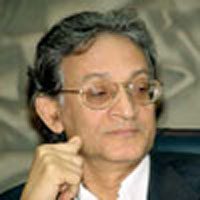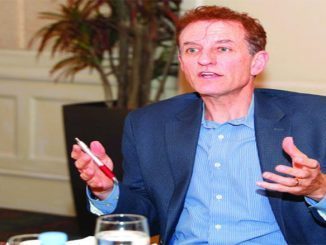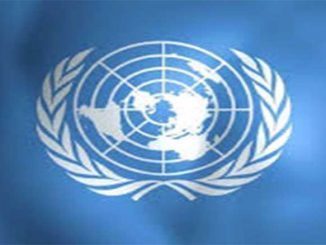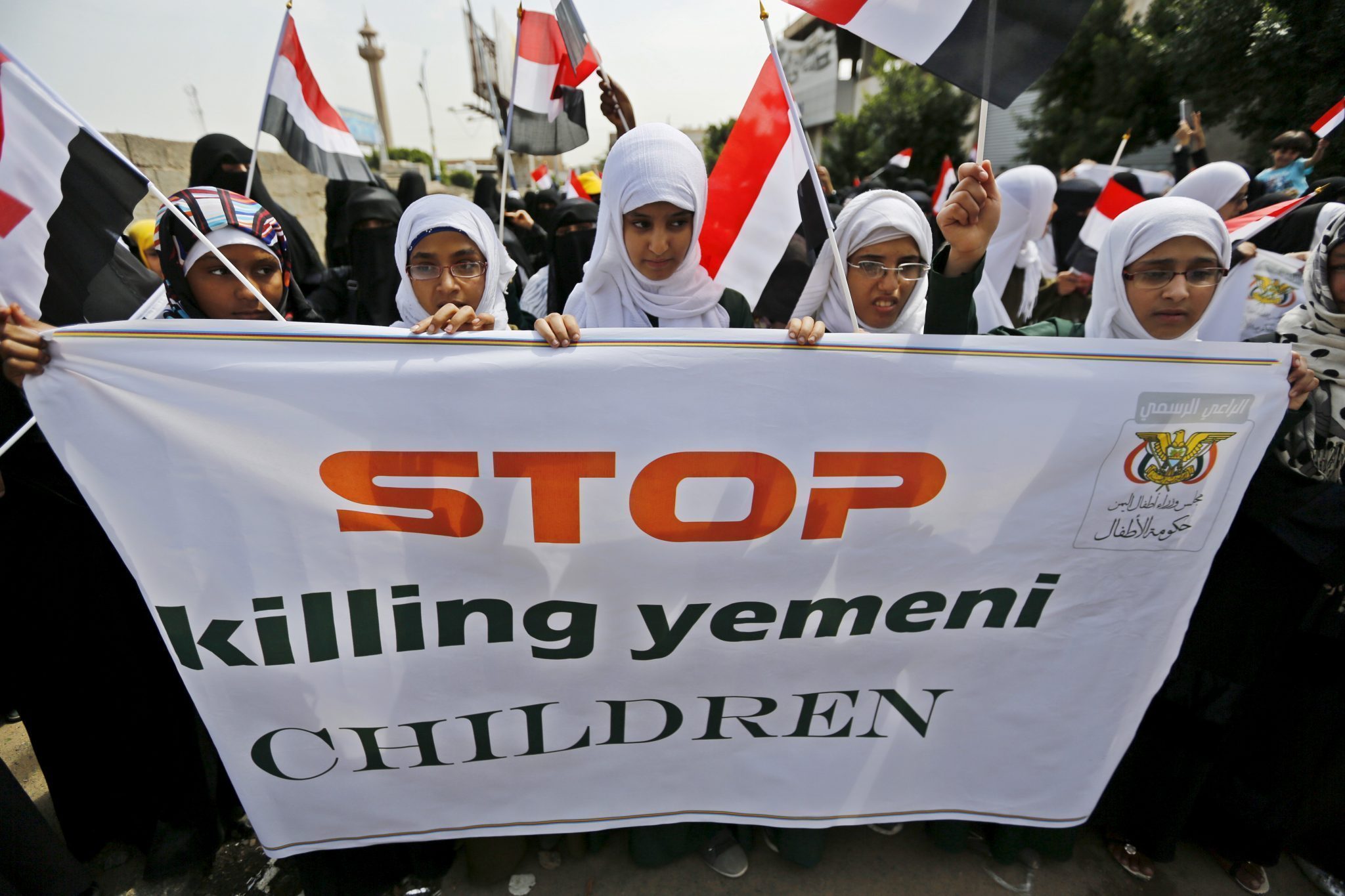
More than one-third of all Saudi-led air raids on Yemen have hit civilian sites, such as school buildings, hospitals, markets, mosques and economic infrastructure, reported The Guardian on Friday, citing a survey conducted by the Yemen Data Project, by a group of academics, human rights organisers, and activists.
The Yemen Data Project has chosen to focus exclusively on the impact of the air campaign, rather than fighting on the ground, citing the difficulty of gaining access to frontline fighting and impartial information.
The survey revealed that more than 8,600 air attacks between March 2015, when the Saudi-led campaign began, and the end of August this year. Of these, 3,577 were listed as having hit military sites and 3,158 struck non-military sites, while 1,882 strikes were classified as unknown.
Also, the Yemen Data Project said that the Saudi-led coalition hit more non-military sites than military in five of the past 18 months.
In October 2015, the figures were 291, compared with 208; in November, 126 against 34; December, 137 compared with 62; February 2016, 292 to 139, and March, 122 compared with 80.
Over the course of the war, the survey lists 942 attacks on residential areas, 114 on markets, 34 on mosques, 147 on school buildings, 26 on universities and 378 on transport.
the survey done by the Yemen Data Project was based on open-source data including research on the ground, outlined that One school building Dhubab, Taiz governorate, has been hit nine times, and a market in Sirwah, Marib governorate, has been struck 24 times.
Taiz, the most densely populated governorate according to the Guardian, was the second highest percentage of air attacks involving non-military sites.
In September 2015, 135 people died in Taiz governorate when a wedding party was struck in the village of Wahija, near al-Mukha, and more than 30 died in June this year when airstrikes hit a market in Hayfan during the supposed ceasefire.
Taiz has seen the largest number of school buildings struck in a single governorate with one site in Dhubab has beien hit nine times. Taiz airport also has been hit 16 and 18 times respectively.
Despite the number of civilian casualties is not included in the the Yemen Data Project’s survey, another Yemeni Local NGO has tried to record numbers of civilians killed and wounded.
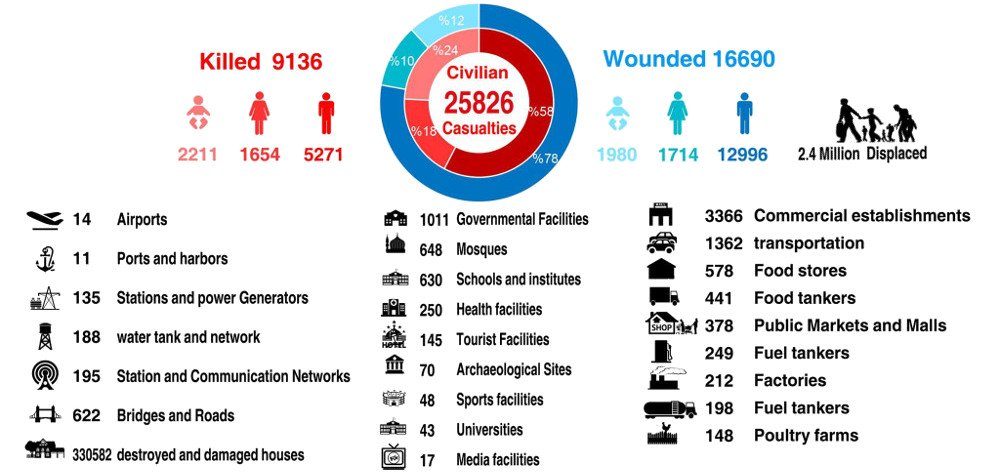
the Legal Center for Rights and Development – a Yemeni local NGO – reported that for the first year of the war against Yemen which has began on March 26, 201, more than 25,826 civilians were killed and wounded, also around 2,4 milion people were displaced.
This Yemeni local NGO said in a summary “9136 civilians were killed, included at least 2211 children, 1654 women, and 16690 were wounded including 1980 children, 1714 women.”
Meanwhile, the survey, conducted by the Yemen Data Project, will add to mounting pressure in the UK and the US on the Saudi-led coalition, which is facing accusations of breaching international humanitarian law.
Saudi Arabia and its allies
According to The Guardian, Saudi Arabia disputed the Yemen Data Project figures, describing them as “vastly exaggerated”, and challenged the accuracy of the methodology, saying somewhere such as a school building might have been a school a year ago, but was now being used by rebel fighters.
Asked during his late visit to London, the Saudi foreign minister, Adel bin Ahmed al-Jubeir, portrayed the Saudi air force as professional and armed with precision weapons.
He said the Houthis had “turned schools and hospitals and mosques into command and control centres. They have turned them into weapons depots in a way that they are no longer civilian targets. They are military targets”.
After Saudi Arabia intervened in March 2015 to support the Yemeni government against Iran-backed Houthi rebels in control of the capital, Sana’a, The UN has put the death toll of the 18-month war at more than 10,000, with 3,799 of them being civilians.
Despite Saudi Arabia’s violations against civilians- it was blamed for causing 60% of child deaths in the conflict- The United Nations announced in June that it had removed the Saudi coalition from a child rights blacklist – released in the same month – pending a joint review by the world body and the coalition of cases of child deaths and injuries during the war in Yemen.
the removal of Saudi Arabia from UN blacklist had came after Muslim allies of Saudi Arabia piled pressure on UN chief Ban Ki-moon over the blacklisting of a Saudi-led coalition for killing children in Yemen, with Riyadh threatening to cut Palestinian aid and funds to other UN programs.
Meanwhile, The Uk had refused to block selling arms to Saudi Arabia, which are used to kill civilians in Yemen.
although the UK provides training and shares best practice to the Royal Saudi air force, including training on targeting, a UK Ministry of Defense spokesperson said: “The United Kingdom is not a member of the Saudi-led coalition and UK personnel are not involved in directing or conducting operations in Yemen, or in the target selection process.”
Also, The UK Prime Minister Theresa May defends British arms sale to Saudi Arabia and rejects calls for UK to halt arms sales to Saudi Arabia, saying ” the UK’s close relationship with Riyadh played a vital role in the fight against terrorism and that the Saudi regime’s co-operation was helping keep people on the streets of Britain safe.”
Her declarations came after a draft report by MPs on the committees on arms export controls said it was “inevitable” that British weapons supplied to the Saudis had been involved in violations of international humanitarian law.
Meanwhile, The United States is Saudi Arabia’s largest weapons supplier and it has provided logistical and intelligence support to the kingdom, along with billions of dollars in heavy conventional weapons.
According to Breaking Defense, the Obama administration has prioritized Saudi Arabia’s special relationship with the United States and has requested a nominal $10,000 per year for International Military Education and Training (IMET) assistance so that Saudi Arabia can remain eligible for discounts on Foreign Military Sales. Since 2009 alone, the administration has authorized over $115 billion in sales of major conventional weapons to the Kingdom –including munitions, tanks, and fighter jets.

